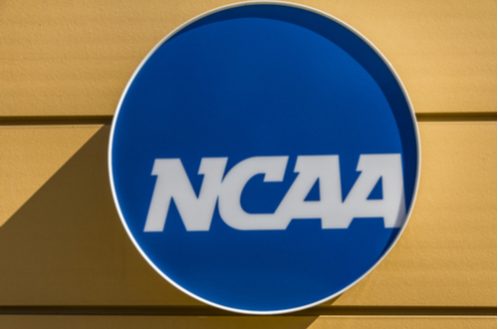
Settlement talks in a class-action antitrust lawsuit against the NCAA are progressing positively, according to lead attorney Steve Berman. Berman’s remarks come as a crucial deadline approaches next week for the NCAA and major conferences to finalize an agreement that could reshape the landscape of college sports, costing billions in damages and introducing a pioneering revenue-sharing system for student-athletes.
“I’m hearing that things are going well in terms of both sides getting ready to approve this,” stated Berman, a Seattle-based attorney representing the plaintiffs, in an interview with The Associated Press.
While specific details of the potential agreement remain undisclosed, Berman expressed confidence that any settlement reached would establish a robust framework for compensating college athletes, which he believes could withstand future antitrust challenges.
“The rules prohibiting outright restrictions on NIL (name, image, and likeness) and other compensation payments will be greatly modified such that they probably can satisfy a pro-competitive justification,” Berman explained, drawing from his extensive legal experience, including victories in previous cases against the NCAA, notably the Alston case, which reached the Supreme Court.
Calls for federal intervention to regulate NIL compensation have been persistent among college sports leaders, predating the NCAA’s 2021 decision to lift its ban on athletes earning money through sponsorship and endorsement deals.
NCAA President Charlie Baker, speaking from the ACC spring meetings in Amelia Island, Florida, underscored the potential ramifications of a settlement on the ongoing dialogue with lawmakers regarding athlete compensation.
Related: The NCAA Faces New Antitrust Suit
“The other thing it does is create predictability and stability for schools,” Baker remarked to reporters. “But it also creates a tremendous opportunity for student-athletes, especially with the schools that are most heavily resourced.”
Details of the proposed settlement indicate substantial financial implications, with the NCAA facing a potential payout of approximately $2.9 billion in damages. Moreover, schools within the Atlantic Coast Conference, Big Ten, Big 12, and Southeastern Conference are poised to commit approximately $300 million each over a decade, with a significant portion earmarked for current athletes.
Central to the settlement’s structure is the establishment of a revenue-sharing system, reminiscent of models seen in professional sports leagues. Under this system, schools would have the option to share around 22% of athletics revenue annually with all athletes, with a probable cap of $25 million, albeit subject to adjustments based on revenue growth.
“This is really going to be no different,” affirmed Berman, likening the proposed plan to revenue-sharing arrangements prevalent in professional sports.
Source: ABC News
Featured News
Big Tech Braces for Potential Changes Under a Second Trump Presidency
Nov 6, 2024 by
CPI
Trump’s Potential Shift in US Antitrust Policy Raises Questions for Big Tech and Mergers
Nov 6, 2024 by
CPI
EU Set to Fine Apple in First Major Enforcement of Digital Markets Act
Nov 5, 2024 by
CPI
Six Indicted in Federal Bid-Rigging Schemes Involving Government IT Contracts
Nov 5, 2024 by
CPI
Ireland Secures First €3 Billion Apple Tax Payment, Boosting Exchequer Funds
Nov 5, 2024 by
CPI
Antitrust Mix by CPI
Antitrust Chronicle® – Remedies Revisited
Oct 30, 2024 by
CPI
Fixing the Fix: Updating Policy on Merger Remedies
Oct 30, 2024 by
CPI
Methodology Matters: The 2017 FTC Remedies Study
Oct 30, 2024 by
CPI
U.S. v. AT&T: Five Lessons for Vertical Merger Enforcement
Oct 30, 2024 by
CPI
The Search for Antitrust Remedies in Tech Leads Beyond Antitrust
Oct 30, 2024 by
CPI